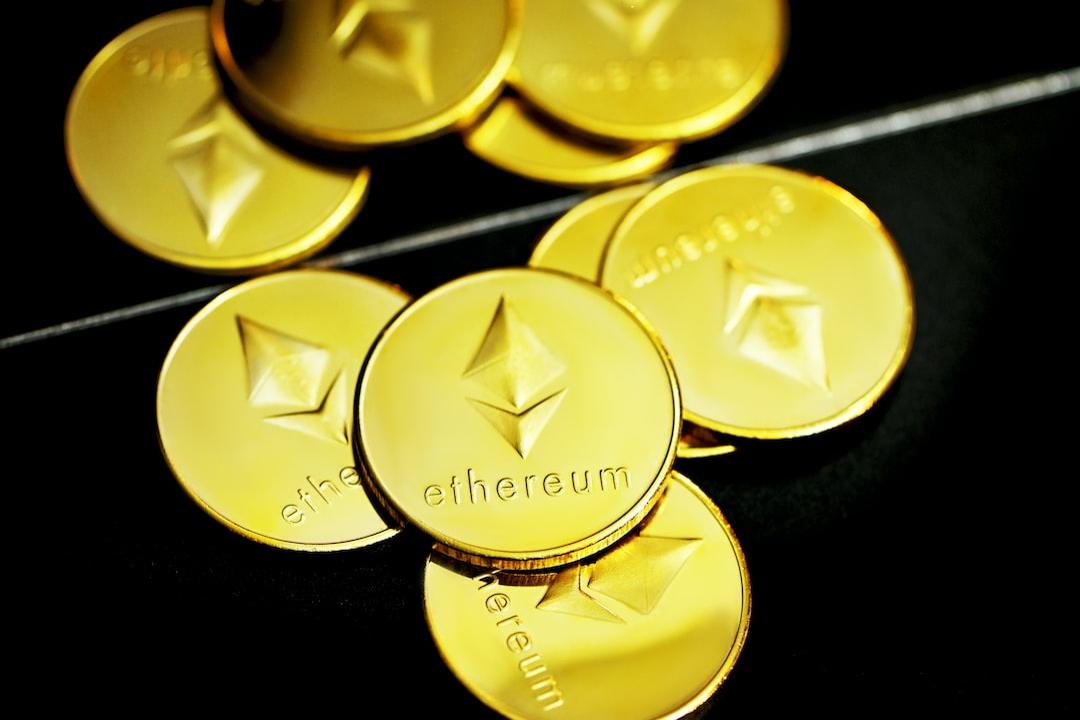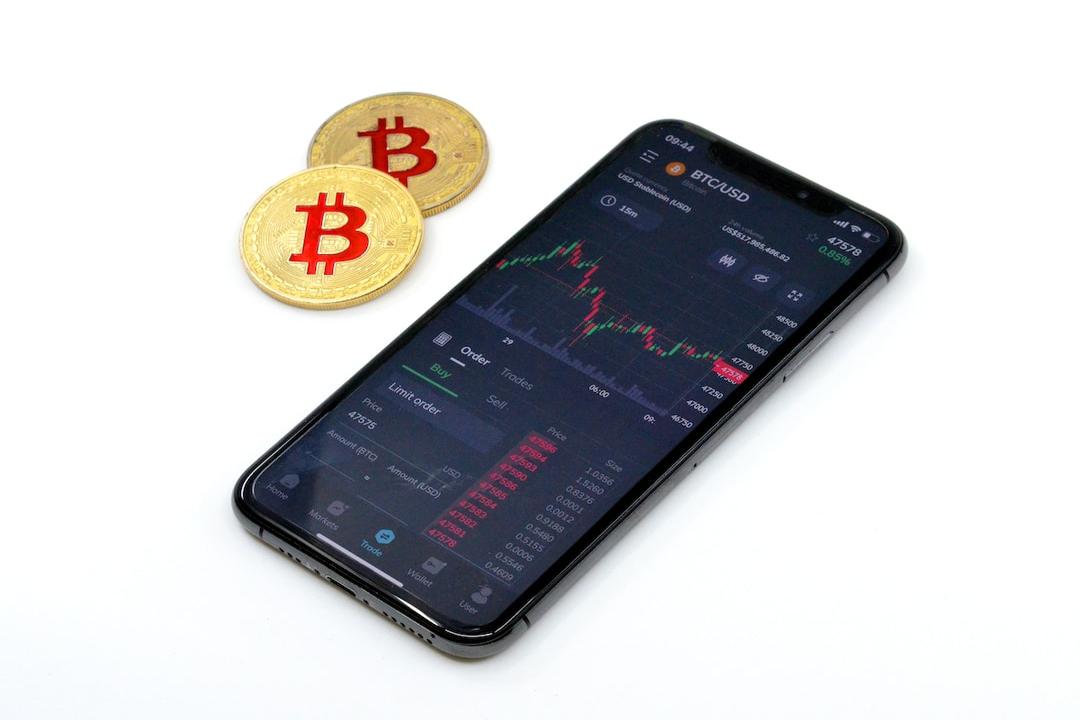Can Cryptocurrency Replace Gold in Times of War?
Set against the backdrop of a potential Taiwan Strait conflict, the Taiwanese drama Zero Day recently (July 2024) released a 17-minute trailer. The sensitive and realistic storyline quickly sparked discussions within the community. One scene depicts a situation where financial institutions in Taiwan become incapacitated during wartime, prompting many cryptocurrency users and netizens to debate whether “cryptocurrency can replace gold in times of war.”
From the trailer, it can be observed that once war breaks out, Taiwan’s stock market plummets without trading volume, and trading is suspended. A wave of bank runs ensues, with banks gradually ceasing operations. This implies that if a Taiwan Strait war were to occur, assets currently held in Taiwanese stocks, banks, or even local cryptocurrency exchanges would essentially be inaccessible.

As a result, gold bars have always been a popular currency for wartime preparedness, as gold maintains significant value and has exchange value worldwide. Although the weight and volume of gold bars can be considered their greatest drawbacks, at the current gold price, a one-kilogram gold bar is worth approximately NT$2.5 million. For a dual-income small family, the available emergency reserve (averaging monthly expenses x 6 months) is about NT$500,000. Therefore, a gold bar weighing the same as an iPhone 15 Plus (201g) is roughly equivalent to the assets a small family can readily access. In reality, it is not as cumbersome as imagined to carry around; it can even be cut for use or storage in emergencies (though how to cut and utilize it accurately is another matter).
As for Bitcoin, which has been referred to as “digital gold” in recent years, it has garnered increasing attention from institutions and governments, with its value and status gradually rising.
Advantages of Gold:
- Gold has a long history and is considered a safe and stable asset, often becoming a hedging asset during wartime due to its relatively stable value over the long term, unaffected by the economic conditions of individual countries.
- Gold is easily tradable in the global market, with wide acceptance and liquidity, allowing buyers and sellers to be found in any country.
Disadvantages of Gold:
- Physical gold requires secure storage facilities and transportation protection, facing risks of theft or confiscation during wartime.
Advantages of Cryptocurrency:
- The acceptance of cryptocurrencies is gradually increasing worldwide. Although still facing legal restrictions and regulatory challenges in some countries, it is now easier to liquidate and use cryptocurrencies than in the past.
- A cold wallet the size of a USB drive can store most of a family’s digital assets. In situations of war and evacuation, the lightweight nature of cryptocurrency makes it easier to carry, transport, and hide, although it still carries the risk of losing keys.
Disadvantages of Cryptocurrency:
- The cryptocurrency market is highly volatile, with prices susceptible to market sentiment, policy changes, and various other factors.
- During wartime, there may likely be disruptions in internet access or loss of power, which would affect the liquidity and usability of cryptocurrencies in the local context.
Is Cryptocurrency Truly “Useless in Times of War”?
From the perspective of the inherent characteristics of gold and cryptocurrency, both have their respective advantages and disadvantages. However, opinions among netizens regarding whether “cryptocurrency can replace gold in times of war” are clearly divided.
Most supporters of the “cryptocurrency is useless in wartime” argument point out that when war strikes, with neither internet nor electricity, in such circumstances, what use is the invisible and intangible cryptocurrency?
In practical wartime applications, if one were to try to exchange Bitcoin for a liter of mineral water at a grocery store, it might indeed seem like a pipe dream—far less practical than gold or other wartime supplies.
Leaving aside the issues of power and internet access, cryptocurrency has not yet achieved significant popularity in Taiwan, making it difficult to find users willing to accept cryptocurrency transfers through decentralized accounts. Furthermore, once in a prolonged wartime situation, practical necessities like drinking water, food, or defense weapons become more relevant for the populace, making barter perhaps a more realistic and practical state of affairs.
However, cryptocurrency is not without significance. Looking at the Russia-Ukraine war, the decentralized and globalized nature of cryptocurrency has made it a secure means of asset transfer. Therefore, in the early stages of the war, many citizens from Ukraine and Russia transferred their assets into cryptocurrencies to protect their personal wealth from the war’s impact.
Moreover, during wartime, banking systems may face operational disruptions or government restrictions, and cryptocurrencies offer a means of asset transfer that is not constrained by traditional financial systems. After transferring assets via blockchain, if users successfully escape abroad in the future, they would still have a certain amount of funds at their disposal.
Although cryptocurrencies have some advantages, such as decentralization and ease of digital transactions, viewing the question of whether “cryptocurrency can entirely replace gold in wartime” through a binary lens reveals numerous uncertainties on a practical level.
Nonetheless, for investors, whether traditional hedging assets like gold or emerging digital assets like cryptocurrencies, diversifying asset allocation based on specific circumstances and risk preferences is essential to maximize the preservation of personal assets.

